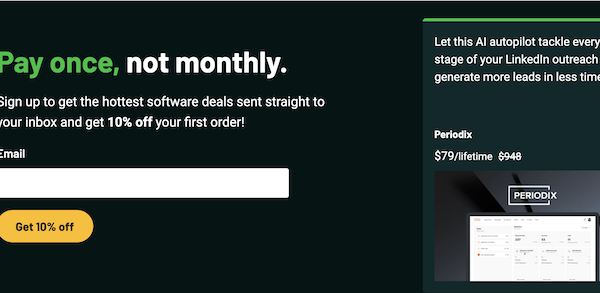Folks who work in a factory are not expected (nor usually even allowed) to be remarkable. Show up on time, and do what your told. That’s their job.
Good thing that lawyers and legal professionals aren’t factory workers. Then again, maybe they are.
In his mind-bending book, Linchpin, Seth Godin gives this definition of a factory: “an organization that has figured it out, a place where people go to do what they’re told and earn a paycheck.” Are there organizations like that in the law world?
No doubt a lot of lawyers feel like they’re working in a law factory. Many are being asked to do rote, mindless work for low wages. Mostly that’s happening in big firms.
But it can happen anywhere. Lots of workers in the legal profession are simply doing what they’re told, and earning a predictable paycheck. Factory work is defined by mindless drudgery, not smokestacks.
Are you working in a law factory?
How can you tell? Well, when you strive to be remarkable and ask interesting questions, do people perk up? Or do they shrug you off?
Factory work ain’t what it used to be.
Seth Godin argues that today anyone who owns a laptop connected to the Internet “owns a factory.” If you own a factory why work for another factory owner?
Cheap computers connected to a world wide network are changing everything. Massive disruption is spreading like wildfire, and that’s unsettling. Or maybe not.
The massive disruption brought by technology is definitely raising some interesting questions. Do you find the thought-leaders in the legal profession to mostly be intrigued by new possibilities, or are they mostly dismissive?
What interesting questions do you see being raised today? Is the legal profession going to side-step the disruption other professions and businesses now face? Sound off in the comment section!
Use technology to radically improve your law practice by focusing on the few core elements that have the biggest impact.






